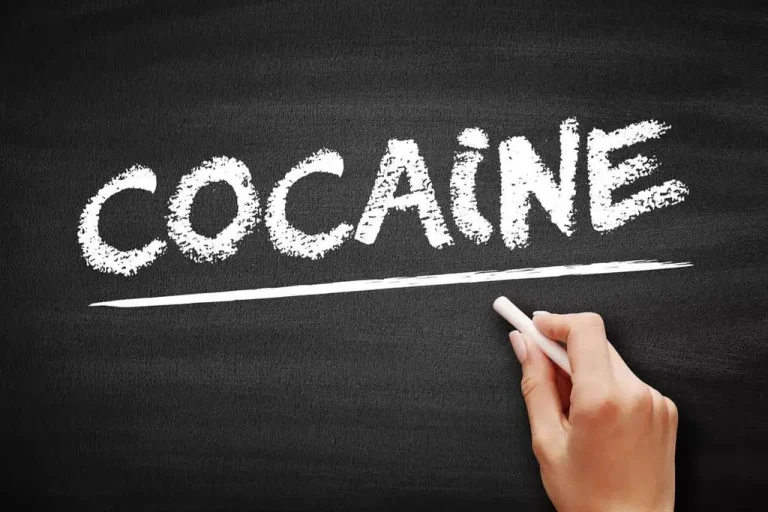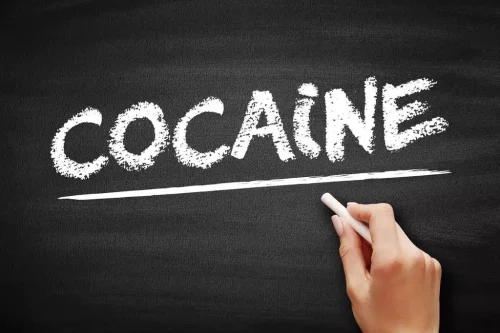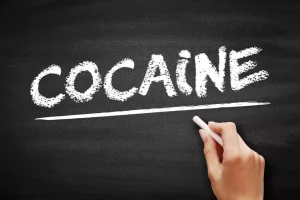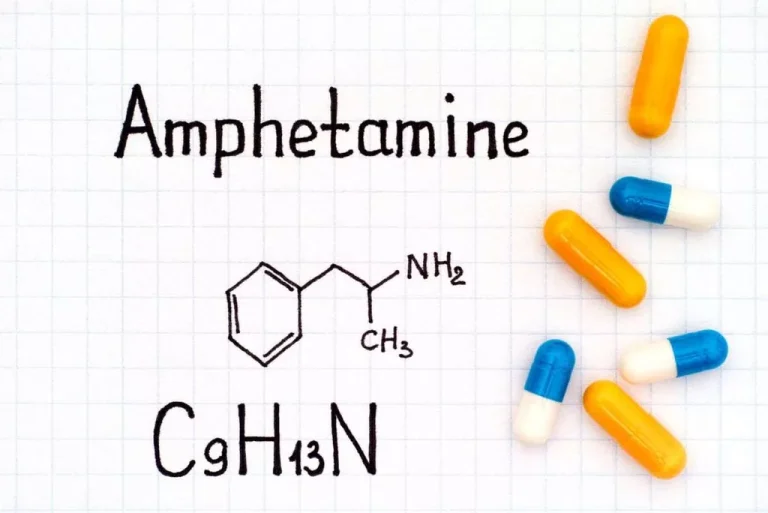
The focus is on progress, not perfection, while building a life of alcohol abstinence and personal recovery. living amends The Big Book of Alcoholics Anonymous lays out the exact process for working the Twelve Steps. It offers a precise method for achieving sobriety, emphasizing personal accountability, spiritual principles, and service to other alcoholics. AA groups often use the Big Book as their primary text during meetings and step work.
Breaking the Stigma: Why Addiction Is a Disease, Not a Choice
- The reason why it is better to make amends earlier rather than later is based on experience and case studies.
- The higher power can be God, some other supreme being, or anything that has a lot of meaning for you, such as art, music, nature, humanity, or science.
- This will make us less likely to take equally destructive actions in the future.
- This will ensure you accomplish your steps whilst also getting the benefits of evidence-based psychotherapy and medication-management for addiction recovery.
It’s not about feeling sorry that you were caught or that the person is unhappy with you. Completing step 9 enables AA people to create new relationships as sober people. Many find that their guilt and shame no longer prevent them from recovering once they’ve moved through step 9.
How Cocaine Detox Restores Brain Chemistry and Emotional Balance

Being ready doesn’t mean we know how to remove them yet—it means we’re open to spiritual help in releasing them. The Big Book of Alcoholics Anonymous explains that we suffer from a mental obsession that drives us to take the first drink or drug, despite the pain it brings. Once we do, a physical allergy kicks in, triggering the phenomenon of craving that make stopping nearly impossible. Unmanageability isn’t just chaos around us—it’s the inability to control our thoughts, actions, and emotional stability; the spiritual malady of the alcoholic and addict. This process is designed to guide us not only out of addiction but into a life of purpose, integrity, and personal recovery. As we make direct amends to those we have harmed, we not only clear the wreckage of our past but also begin to live differently.
How to Handle Life Stressors Without Turning to Substances

It took four years for these three founding groups of Alcoholics Anonymous to help the first 100 people get sober. Making amends is challenging, but the outcome can be one of the most rewarding parts of recovery. Accept responsibility for the impact of your actions on others.
“Years of living with an alcoholic is almost sure to make any wife or child neurotic. This phrase from the 9th Step Promises means that as we progress in recovery, we naturally become less focused on selfish desires. Instead, we begin to genuinely care about and prioritize the well-being of others.
Can Work-Related Stress Lead To Substance Abuse?

Ongoing lifestyle adjustments and a dedication to steering clear of previous harmful actions are at the heart of living amends. This path toward continual improvement underscores the need for patience and receptiveness, showcasing how making beneficial life decisions consistently is crucial. When it is not feasible or suitable to make direct contact with the person who has been hurt, making indirect amends becomes necessary.
Creating the Amends List
Step 9 in the Alcoholics Anonymous 12 Steps can be one of the most challenging for people in recovery from drugs and alcohol, but also the most rewarding. It builds on the previous step in which you made a list of the people who were harmed by your substance abuse. This involves seeking forgiveness and setting things right with individuals who were harmed, to bring healing to them and you. However, Step 9 comes with a caveat to let things be if the other person is not willing to forgive and forget or if making amends would cause more harm. Addiction is a complex and pervasive disease that extends far beyond the individual struggling with substance abuse. When someone is in the throes of active addiction, their behavior and choices often clash with their true values, causing significant harm to their relationships Alcoholics Anonymous with family, friends, and loved ones.

The person or people affected by your behavior are not even there in this room with you, so their feelings and reactions must come from within yourself. You need to be able to convey genuine feelings of remorse to make amends successfully. Apologizing is one thing, but go one step further (actually, the 9th step!) and make amends where you can. Maybe you can meet with those who you’ve really hurt face to face in order to let them know how sorry you are. If you’re in doubt whether making an amends is appropriate, ask your sponsor or support group.
Building a Support Network
Alcoholics Anonymous (AA) was founded in Akron, Ohio, in 1935, by two alcoholics – Bill W, a stockbroker from New York, and Bob S, a surgeon from Akron. They met through the Oxford Group, a non-alcoholic fellowship that promoted spiritual living. We believe everyone deserves access to accurate, unbiased information about mental health and recovery. That’s why we have a comprehensive set of treatment providers and don’t charge for inclusion. We do not and have never accepted fees for referring someone to a particular center. Providers who advertise with us must be verified by our Research Team and we clearly mark their status as advertisers.


